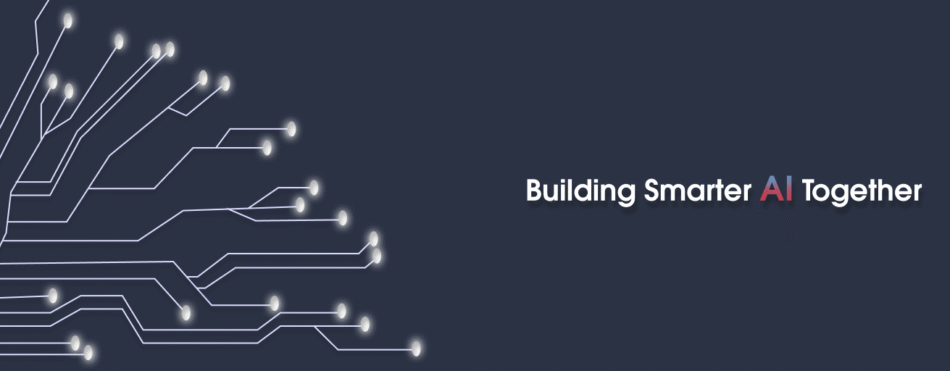Global investment in the medical industry has soared past $600 billion, fueling innovations that once seemed like science fiction. AI algorithms are now detecting early-stage breast cancer with superhuman accuracy, predicting rare genetic disorders, and guiding robotic surgeries with unmatched precision. These advancements are saving lives and reshaping the future of healthcare by paving the way for personalized and preventative medicine.
But behind every one of these medical miracles lies a hidden foundation: high-quality, meticulously annotated data. When Stanford’s AI cardiology team developed a model that could detect arrhythmias with 99.7% accuracy, outperforming human cardiologists, their secret wasn’t just a superior algorithm. It was the 18 months spent preparing perfectly annotated ECG data. Competitors with poorly annotated datasets struggled to reach 85% accuracy and ultimately abandoned their projects.
This highlights a fundamental truth in medical AI: a model is only as good as the data it’s trained on. For healthcare leaders and AI engineers, understanding the role of medical data annotation services isn’t just about improving metrics; it’s about building systems that save lives and meet strict regulatory standards.
Why Accuracy is So Critical
In the medical field, professionalism and precision are non-negotiable. Even an accuracy rate of 99.999% might not be enough. The remaining 0.001% could represent a missed diagnosis, leading to severe consequences for a patient.
Closing that final gap requires more than just a powerful algorithm. It depends on the quiet, meticulous work of expert annotators who provide the nuanced understanding that machines need to learn. For example, diagnosing diabetic retinopathy from a retinal scan involves more than just drawing a box around an anomaly. A single mislabeled microaneurysm can cause an AI to overlook early warning signs, leading to late-stage diagnoses and preventable blindness. Medical data annotation requires a level of domain knowledge comparable to clinical training, as annotators must be able to differentiate between normal anatomy and subtle signs of disease.
Types of Medical Data Annotation Services
The demand for high-quality data has led to the growth of specialized annotation services tailored to different types of medical information.
Medical Image Annotation
Medical image annotation is one of the most common forms of healthcare data annotation. This involves labeling images from various sources to help AI systems detect and classify visual information. Key areas include:
- Radiology: Annotating X-rays, CT scans, and MRIs to identify anatomical structures and mark pathological findings.
- Pathology: Examining microscopic tissue samples to identify tumor margins and cellular abnormalities.
- Dermatology: Analyzing skin lesions and moles to detect signs of melanoma.
Clinical Data Annotation
This type of annotation focuses on the vast amount of text generated in healthcare, such as electronic health records, clinical notes, and patient histories. Using techniques like Named Entity Recognition (NER), annotators extract key information, including symptoms, medications, and procedures. This structured data powers predictive models and clinical decision support systems.
Why High Accuracy Isn’t Always Enough
The stakes for medical AI systems are incredibly high. These systems must deliver on several fronts:
- Regulatory Approval: Agencies like the FDA require proof of accuracy and reliability before a medical AI tool can be used.
- Clinical Liability: A single incorrect prediction can lead to malpractice lawsuits and damage a hospital’s reputation.
- Professional Trust: Doctors will only adopt AI tools if they believe the recommendations are medically sound and trustworthy.
- Cost Efficiency: A failed AI deployment can result in the loss of millions of dollars in research and development investments.
Without precise annotation from the start, an AI model is likely to fail in one or more of these critical areas, rendering it ineffective in a real-world clinical setting.
The Future of Medical AI Relies on Precise Annotation
The success of any medical AI project hinges on the quality of its training data. While sophisticated algorithms and powerful hardware are essential, it is the careful work of medical data annotation services that provides the foundation for accurate, reliable, and clinically useful AI systems.
As healthcare AI continues to advance, the demand for expert annotation will only increase. Organizations that prioritize high-quality data annotation today are positioning themselves for success in the AI-driven healthcare landscape of tomorrow. The choice is not whether to use professional medical data annotation services, but which partner can provide the expertise your project demands.









